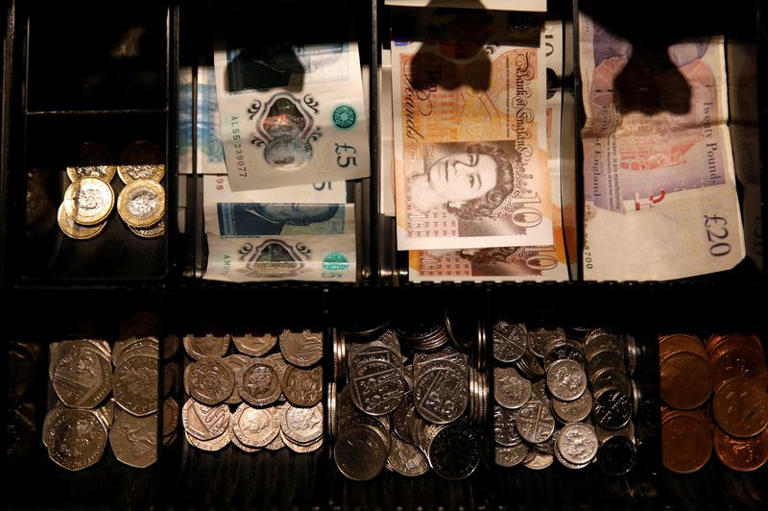The British pound has recently demonstrated remarkable resilience in anticipation of a potential sweeping victory for the opposition Labour Party. Currency markets have responded with cautious optimism, betting on a new era of political stability under Labour’s leadership following years of Brexit-induced uncertainty and economic challenges under Conservative rule.
Sterling’s trade-weighted performance has surged to levels last seen prior to the 2016 Brexit referendum, signaling investor confidence in Labour’s ability to navigate the complex economic landscape. However, the currency’s future trajectory remains contingent on the incoming government’s capacity to reassure jittery investors about its economic policies amidst pressing fiscal issues.
Should Labour secure victory on July 4th, it will inherit a formidable economic backdrop characterized by a public debt-to-GDP ratio at its highest in 63 years and a recent downturn in foreign direct investment, persisting over several quarters. Mitigating these challenges without resorting to austerity measures will likely compel Labour to consider options such as tax increases or heightened borrowing, as warned by the Institute for Fiscal Studies (IFS).
Market analysts and economists emphasize that sterling’s recent ascent, reaching approximately $1.27, underscores a cautious optimism among investors regarding anticipated stability under a Labour administration. This optimism marks a stark contrast to the currency’s lows in recent years, notably plummeting to $1.03 amid the fallout from former Conservative Prime Minister Liz Truss’s underfunded budget, which triggered significant bond market volatility and exacerbated inflationary pressures.
The volatility in sterling, often likened by commentators to currencies in emerging markets and humorously dubbed the “great British peso,” has not only impacted financial markets but has also contributed to economic uncertainty and subdued growth since the Brexit referendum. Research conducted by Professor Costas Milas from Liverpool University highlights the direct correlation between economic policy uncertainty post-2016 and heightened exchange rate volatility, exerting a drag on economic expansion.
Analysts argue that a Labour-led government, if it adopts predictable economic policies endorsed by financial markets, could potentially reverse the cycle of uncertainty and bolster economic resilience. The emphasis on fiscal responsibility and strategic economic planning will be crucial in maintaining investor confidence and alleviating the adverse effects of political instability on sterling and broader financial stability.
However, challenges lie ahead as Labour navigates intricate policy decisions. The party’s pre-election manifesto has faced criticism from the IFS for evading crucial questions on tax reforms and borrowing strategies, leading to what some perceive as a “knowledge vacuum” among investors. The precise contours of Labour’s economic policies remain uncertain, posing risks that could influence sterling’s long-term trajectory beyond immediate market sentiment.
Looking ahead, analysts project sterling to potentially appreciate further to around $1.2875 over the next year, contingent upon Labour’s ability to strike a delicate balance between stimulating economic growth and maintaining fiscal discipline. Some analysts caution that Labour’s ambitious investment plans, reminiscent of “Bidenomics” in the U.S., could potentially fuel inflationary pressures and strain UK bond markets if not meticulously managed over the long term.
In conclusion, while the short-term outlook for sterling appears buoyant amidst Labour’s electoral prospects, sustained economic stability and prudent fiscal management will be pivotal in shaping the currency’s trajectory and restoring investor confidence in the UK economy post-Brexit. The coming months will be crucial in determining whether Labour can effectively manage economic challenges and sustain sterling’s positive momentum in the face of global economic uncertainties.
